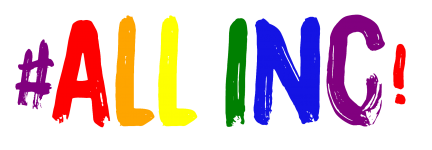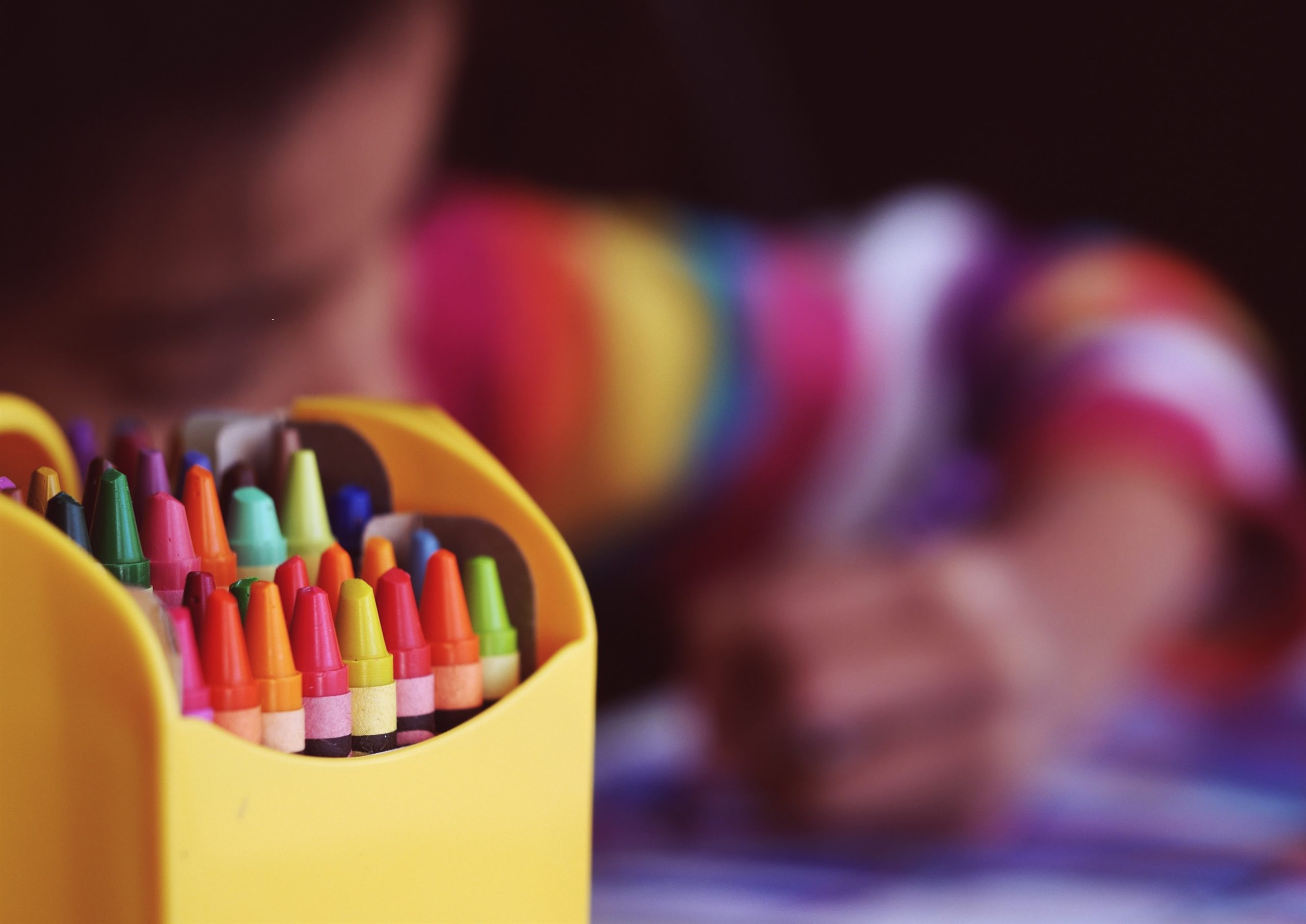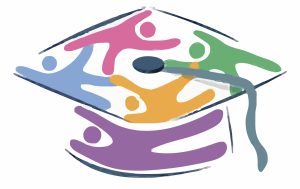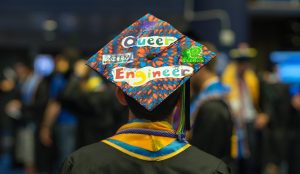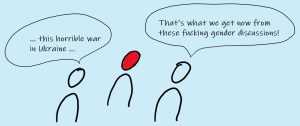Obedience for a better future
Hungary has not seen many positive changes recently when it comes to education, international opportunities, or equality and inclusion. The infamous “paedophile law” has in many ways brought alienation and division to the country, and the teacher protests that started last year have deepened this. Teachers who had engaged in civil disobedience were dismissed from many state-run schools. The wave of civil disobedience has been a way for teachers to give voice to pressing issues that have not been discussed once under the Orbán government. There is no independent education ministry, and the education sector is currently under the control of the highly authoritarian Ministry of Interior Affairs – among others along with the police force.
On a positive note, the dismissal of teachers has provoked several mass demonstrations in the country, as well as ongoing strikes and civil disobedience. The tools of intimidation have, of course, discouraged many teachers from asserting their rights, but the firmness of protesters remains strong.
Teacher unity is reaching unprecedented levels, with many parent associations and advocacy groups standing with teachers. Students are also organising demonstrations to show solidarity, in many cases with sit-ins, staying away from school in unison. The most important positive shift is that the school has become the arena for advocacy. This movement’s clear goal is to achieve an educational environment where equity and equal opportunity are guaranteed in addition to quality, where segregation for race or social reasons is excluded, and where the pupils belonging to the LGBTQI+ community can feel support and safety.
This latter aspect is especially important because the government’s actions are meant to hinder the efforts of LGBTQI+ activists in particular. As a result of earlier restrictions, sex education and sensitization in schools can only be conducted by ministry-approved external NGOs, a list of which was never finalized. Many programs run by members of the LGBTQI+ communities have become unavailable. Thus, for instance, the Getting to know LGBT People school program —an awareness-raising programme, which had been in place for many years— has been squeezed out of the schools, after being suspended during the pandemic.
The programme had been increasingly successful in previous years, although it had not been able to reach everywhere — only in places where there were one or two more daring teachers who accepted the invitation and where the school management was a partner in inviting the association. Sessions, aimed for teachers, take place in the evenings or on school days in public schools, sometimes for 45 minutes, sometimes 90; sessions are always led by couples, typically a lesbian woman and a gay man, but the participating volunteers include people from a wide spectrum of the LGBTQI+ community. Sessions are centred around sharing personal stories and the children’s stories but are also enriched by many interactive activities.
One of the main objectives of the programme is to break down prejudices and to help LGBTQI+ young people who are closeted and afraid. Important topics such as STDs, safe sex and injustice against any social group —which are mostly ignored in the core curriculum— are also covered.
Although invitations have virtually ceased as a result of Covid and then government constraints, foundation schools and multinationals continue to seek out the programme to educate their staff.
We trust that this is only a transitional period and that, in time, this useful and much-needed NGO initiative will flourish again. We also hope that, if the teachers’ and students’ movement reaches its goal, it will help to let this and similar programmes return to our schools.
This post was contributed by All Inc!’s Hungarian team — köszönöm és maradj erős!
Photo by Aaron Burden on Unsplash.
